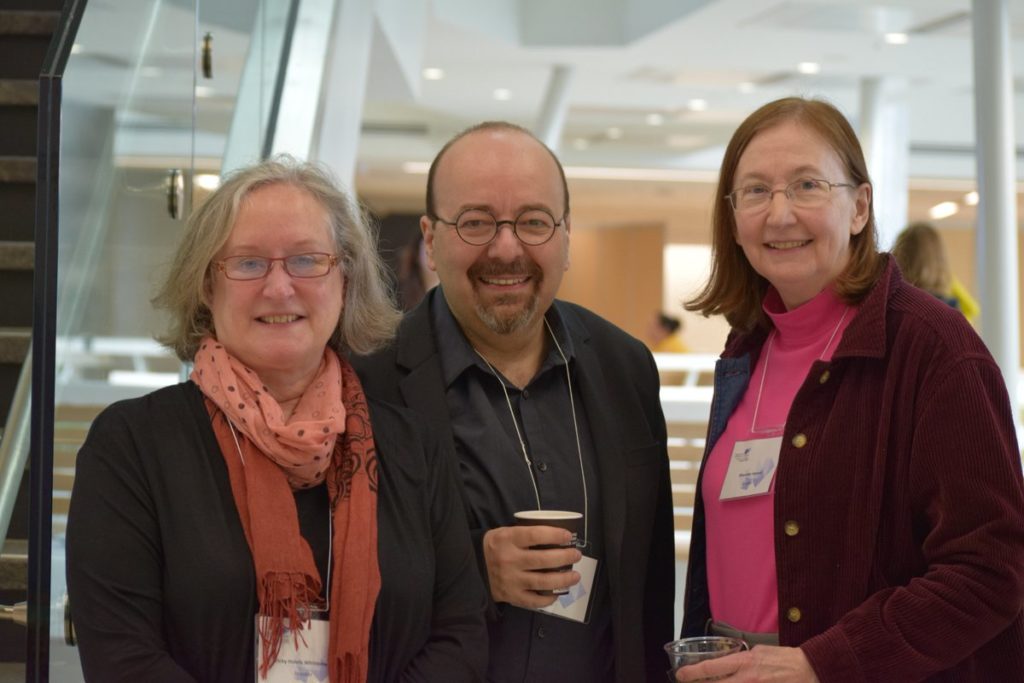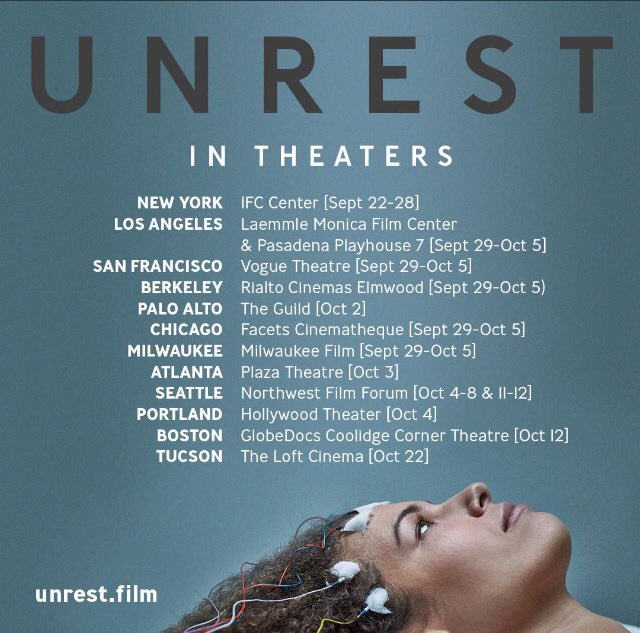Press Release: ME Association, June 21, 2018. Less than £1 is spent each year on people suffering from the devastating invisible illness M.E. (myalgic encephalomyelitis), a condition which leaves tens of thousands bedbound, housebound and unable to work.
Parliament heard in a landmark three-hour debate of the chronic lack of funding for medical research and how many doctors still don’t know how to diagnose or manage the condition.
End to controversial therapies and to stigma
Politicians said that controversial psychotherapy and exercise therapies recommended by the NHS after a flawed medical trial must stop NOW – because they are making patients worse.
And they called for an end to the stigma and myths surrounding M.E., which at worst, leaves sufferers to endure a tortuous existence.
Westminster Hall was told how people with M.E. are six times more likely to commit suicide.
Carol Monaghan (SNP Glasgow North West) told how ME costs the UK £3.3bn per year.
She said: “Despite the number of people affected and the devastating effect of the disease on sufferers and their families, it is very much a hidden illness, which is characterised by some as ‘yuppie flu’ and misunderstood by doctors, the public and politicians alike.”
M.E. tragedies
Westminster Hall heard of the tragic case of 21-year-old Merryn Crofts, who last month had M.E. listed as the cause of her death at inquest, and how ME Association fundraising manager, Helen Hyland, broke the news of her husband’s suicide to her children.
Yet Ms Monaghan added: “Some people consider M.E. to be a psychological condition, despite the fact that people with M.E. are not allowed to be blood or organ donors.
“Unfortunately, those who hold such beliefs often are in influential positions and have a blinkered view of the condition.
“I wonder what they have to fear from proper biomedical research into M.E. If such research showed they were correct, their views would be vindicated. However, if it threw up new information that had an impact on M.E. treatment and care, as medical professionals they should surely support that.”
The discredited PACE trial
Ms Monaghan drew particular attention to the PACE trial results in 2011, that examined graded exercise therapy (GET) and cognitive behaviour therapy (CBT).
The researchers claimed the results demonstrated both treatments were ‘moderately’ effective and led to recovery in over a fifth of patients.
But the trial has since faced intense criticism, and not only from patients in the UK. Clinicians, researchers, as well as charities, like the ME Association, have all expressed concern about how the results were obtained, analysed and presented.
Parliament has previously heard claims that the PACE trial data was deliberately flawed to “remove people from long-term benefits and reduce the welfare bill”. The PACE trial endorsement of GET and CBT helped form the basis of the NICE clinical guideline – which is now being reviewed.
PACE has had a wide-reaching influence
Ms Monaghan said one of the key authors behind the PACE trial, Professor Michael Sharpe, admitted that some involved in the trial had worked for insurance companies.
She said: “The PACE trial, which recommended CBT and GET, influences how health insurers and the DWP make their decisions.
“Insurance companies refuse to pay out unless a programme of GET has been undertaken, and many people who apply for benefits are told that they must carry out GET—or, indeed, that they appear well enough to work.
“PACE is unique in UK medical history, in that it was part-funded by the DWP.
“The links of some of its main authors to health insurance companies are troubling. One of those authors, Professor Michael Sharpe, states in his briefing for the debate:
“Several of the investigators had done small amounts of independent consultancy for insurance companies, but this was not relevant to the trial. The insurance companies played no part in the trial.”
“I will leave hon. Members to make up their own minds about that.”
Westminster Hall was told how the U.S. Center for Disease Control (CDC) and the Dutch Health Council have both abandoned GET as a treatment.
Ms Monaghan added: “If those countries acknowledge the flaws of GET, why are ME sufferers in the UK having to fight so hard for similar acknowledgement? The ME community hopes that GET will not feature in the NICE guidelines for ME treatment after they are revised.”
‘Unbecoming’ behaviour?
“Interestingly, Professor Sharpe, one of the authors of the PACE trial whom I already mentioned, emailed me this week and told me that my behaviour is “unbecoming of an MP”.
“I say to Professor Sharpe that if listening to my constituents, investigating their concerns and taking action as a result is “unbecoming”, I stand guilty.
“If Members of Parliament are not willing to stand up for the most vulnerable in society, what hope do any of us have?”
Ministerial response
Minister for Health and Social Care, Steve Brine, was asked how the Department for Health is supporting training for medical practitioners on ME care and treatment, and asked if he would support proper funding for medical research into the diagnosis and treatment of ME.
Mr Brine said the government invests £1.7bn each year into health research.
And stated that the National Institute for Health Research and the Medical Research Council would welcome “high-quality” research into “all aspects of ME… to make a scientific breakthrough”.
He described the need to find a breakthrough as a “matter of good Christian humanity” and promised to help increase the awareness of M.E. with GPs.
Read the full Ministerial response and Ms. Monaghan’s closing remarks HERE.
He reiterated that patients with M.E. symptoms should be referred to NHS specialist services – within six months for mild symptoms, three months for moderate symptoms and immediately for severe symptoms.
But Mr Brine admitted that access to services remained “a big and ongoing issue” and that the configuration of services was down to local commissioning groups.
He added that all schools must have arrangements in place to support, with flexibility, children with ME.
NICE guideline review
On the NICE guidelines, he said it was a “jolly good job” the position on M.E. is being updated but said it would be “wrong for ministers to interfere” with the process.
On benefits, Mr Brine said the “DWP recognises that ME is a real and disabling condition” and that every patient must be assessed on a individual basis.
He added: “When assessing claimants, healthcare professionals are expected to be mindful of the fact that many illnesses—including ME—produce symptoms that vary in intensity over time, and they are instructed not to base their opinion solely on the situation observed at the assessment.
“The DWP assures me that all healthcare professionals are required to read an evidence-based protocol on ME as part of their training, as well as engaging in a programme of continuing medical education that includes modules on the condition.”
‘A completely unacceptable situation’
The ME Association campaigns to make the UK a better place for people with M.E. A spokesman said: “A three-hour parliamentary debate on M.E. is not before time. We are grateful to Carol Monaghan for securing the debate, to those MPs who took part, and to ME Association members for engaging with their parliamentary representatives ahead of the debate.
“Despite being recognised by the World Health Organisation as a neurological disease – and an earlier report to the Chief Medical Officer calling for more research and a network of hospital-based clinics – many doctors still don’t know how to diagnose and manage M.E. and lack of biomedical research means that we still don’t have any effective forms of treatment.
“This is a completely unacceptable situation for a disease that is twice as common as multiple sclerosis and where a new report has estimated that M.E. is costing the UK economy billions in lost taxes, and through healthcare and benefit expenditure.”
























